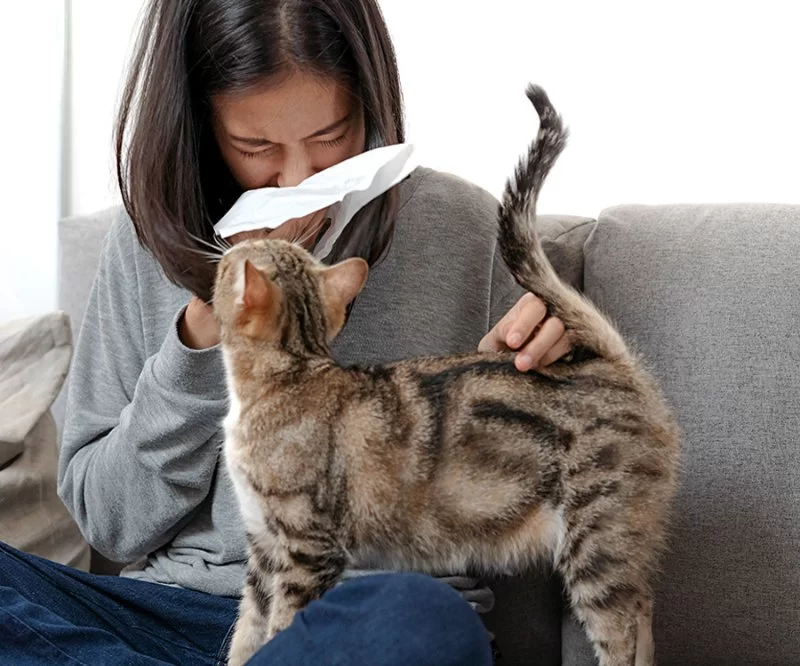- 1 - Common Signs Your Pet May Have Allergies
- 2 - Triggers and Everyday Items to Avoid
- 3 - Natural Remedies That Can Help Relieve Symptoms
- 4 - Real-Life Stories of Pets With Allergy Relief
- 5 - Expert Advice on Managing Pet Allergies Safely
1. Common Signs Your Pet May Have Allergies
It’s not always easy to tell if your dog or cat is suffering from allergies, but there are clear signs to look for. Excessive scratching, licking paws, watery eyes, and even ear infections can all point to allergies. For example, a Golden Retriever that constantly chews its paws may be reacting to grass pollen. Hidden Brook Veterinary highlights that allergies often appear seasonally, but indoor triggers like dust can cause year-round problems.
2. Triggers and Everyday Items to Avoid
Pets can react to many things in their environment. Common allergens include pollen, dust mites, flea bites, and certain food ingredients. Even cleaning products or scented candles in the home can trigger reactions. One cat owner noticed their tabby developed itchy skin after switching to a heavily perfumed laundry detergent. By removing the trigger, the symptoms quickly improved. Avoiding known irritants is the first step toward relief.
3. Natural Remedies That Can Help Relieve Symptoms
Many pet owners prefer natural remedies before resorting to heavy medications. Oatmeal baths, coconut oil for dry skin, and fish oil supplements can soothe inflammation. Local honey has been reported to help dogs with seasonal pollen allergies, much like it does in people. Herbal teas such as chamomile (applied topically, not ingested) can also reduce itching. These remedies, when used with care, may provide gentle and effective relief.
4. Real-Life Stories of Pets With Allergy Relief
One family in California shared that their Bulldog suffered from red, inflamed skin every spring. After introducing fish oil supplements and switching to hypoallergenic bedding, the dog’s condition improved dramatically. Another story from Texas described a cat whose sneezing stopped once the owner switched to unscented cleaning products. These cases prove that small changes and natural approaches can bring noticeable comfort.
5. Expert Advice on Managing Pet Allergies Safely
Experts stress the importance of consistency and observation. Monitor your pet’s reactions to food, grooming products, or environmental changes. Always introduce remedies gradually and consult with professionals to avoid harmful side effects. Natural remedies are powerful, but not every solution works for every animal. Hidden Brook Veterinary recommends tailoring care to each pet’s specific needs while avoiding common triggers and supporting long-term wellness.












